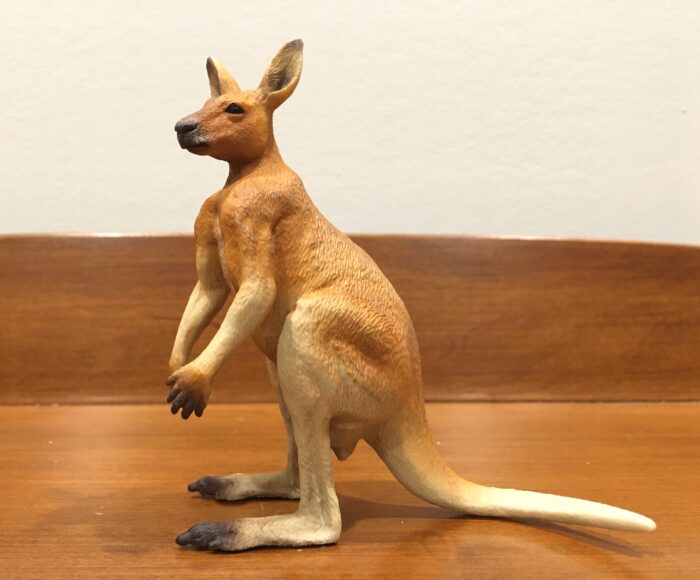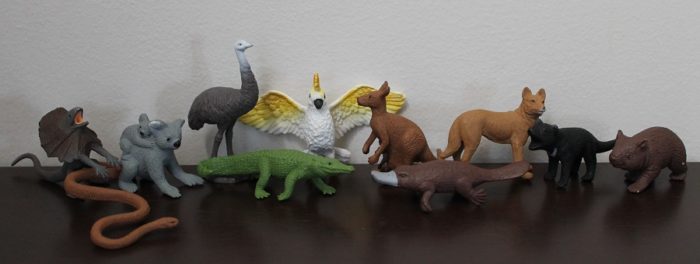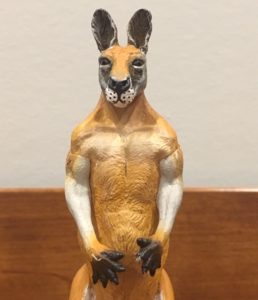Review and images by Suspsy; edited by bmathison1972
For a male red kangaroo (Osphranter rufus), the journey from adorable joey to towering boomer centres mainly around one thing: the ritualized fighting known as boxing. Only the victors win the privilege of mating rights, and as such, battles between boomers can be extremely violent and ugly.







